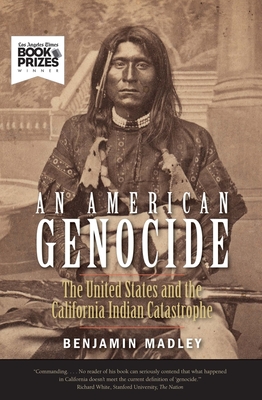Expedite your nonfiction book discovery process with Readara interviews, summaries and recommendations, Broaden your knowledge and gain insights from leading experts and scholars
In-depth, hour-long interviews with notable nonfiction authors, Gain new perspectives and ideas from the writer’s expertise and research, Valuable resource for readers and researchers
Optimize your book discovery process, Four-to eight-page summaries prepared by subject matter experts, Quickly review the book’s central messages and range of content
Books are handpicked covering a wide range of important categories and topics, Selected authors are subject experts, field professionals, or distinguished academics
Our editorial team includes books offering insights, unique views and researched-narratives in categories, Trade shows and book fairs, Book signings and in person author talks,Webinars and online events
Connect with editors and designers,Discover PR & marketing services providers, Source printers and related service providers

An American Genocide: The United States and the California Indian Catastrophe, 1846-1873
History > Indigenous Peoples of the Americas
- Yale University Press
- Paperback
- 9780300230697
- 9.1 X 6.1 X 1.4 inches
- 1.42 pounds
- History > Indigenous Peoples of the Americas
- (Single Author) Asian American
- English
Readara.com
Book Description
New York Times Book Review Editors' Choice
Gruesomely thorough. . . . Others have described some of these campaigns, but never in such strong terms and with so much blame placed directly on the United States government.--Alexander Nazaryan, Newsweek
Between 1846 and 1873, California's Indian population plunged from perhaps 150,000 to 30,000. Benjamin Madley is the first historian to uncover the full extent of the slaughter, the involvement of state and federal officials, the taxpayer dollars that supported the violence, indigenous resistance, who did the killing, and why the killings ended. This deeply researched book is a comprehensive and chilling history of an American genocide.
Madley describes pre-contact California and precursors to the genocide before explaining how the Gold Rush stirred vigilante violence against California Indians. He narrates the rise of a state-sanctioned killing machine and the broad societal, judicial, and political support for genocide. Many participated: vigilantes, volunteer state militiamen, U.S. Army soldiers, U.S. congressmen, California governors, and others. The state and federal governments spent at least $1,700,000 on campaigns against California Indians. Besides evaluating government officials' culpability, Madley considers why the slaughter constituted genocide and how other possible genocides within and beyond the Americas might be investigated using the methods presented in this groundbreaking book.
Author Bio
Benjamin Madley is an historian of Native America, the United States, and colonialism in world history. Born in Redding, California, he spent much of his childhood in Karuk Country near the Oregon border where he became interested in relationships between colonizers and Indigenous peoples. Educated at Yale and Oxford, he writes about Native Americans as well as colonialism in Africa, Australia, and Europe, often applying a transnational and comparative approach.
Madley is the author of fourteen peer-reviewed book chapters and journal articles. His book chapters have been published in five edited volumes. His nine articles have appeared in journals ranging from The American Historical Review, European History Quarterly, and the Journal of British Studies to the Journal of Genocide Research, Pacific Historical Review, and The Western Historical Quarterly.
Yale University Press published his first book, An American Genocide: The United States and the California Indian Catastrophe, 1846-1873. This book received the Los Angeles Times Book Prize for History, the Raphael Lemkin Book Award from the Institute for the Study of Genocide, the Charles Redd Center / Phi Alpha Theta Award for the Best Book on the American West, the California Book Awards Gold Medal for Californiana, the Heyday Books History Award, and the Norman Neuerburg Award from the Historical Society of Southern California.
It was also named a New York Times Book Review Editor's Choice, an Indian Country Today Hot List book, a Choice magazine Outstanding Academic Title, and a Caroline Bancroft History Prize Honor Book. True West Magazine named Madley the Best New Western Author of 2016. In 2018, he received the California Commendation Medal from the Military Department of the State of California.
According to former California Governor Jerry Brown, "Madley corrects the record with his gripping story of what really happened: the actual genocide of a vibrant civilization, thousands of years in the making."
Madley's current research explores Native American migration and labor in the making of the western United States. Meanwhile, he is co-editing The Cambridge World History of Genocide, Volume 2: Genocide in the Indigenous, Early Modern, and Imperial Worlds, 1535-1914, with historians Ned Blackhawk, Ben Kiernan, and Rebe Taylor.
During the 2021-2022 academic year, he will be a Dana and David Dornsife Fellow at the Hutington Library.
Source: UCLA Social Sciences Division
Videos
No Videos
Community reviews
No Community reviews

